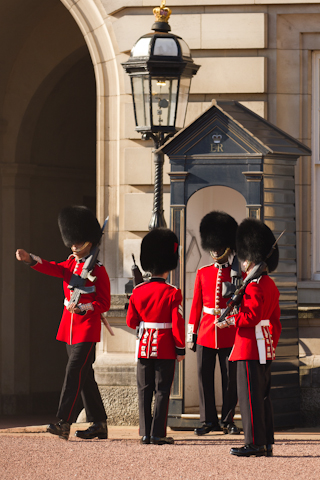
This is the guard changing - not the big changing - just a little one.
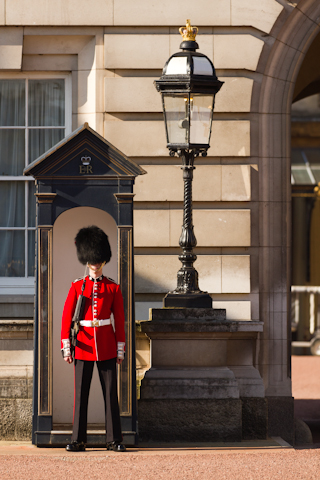

The mounted guards of the Household Cavalry Mounted Regiment (HCMR) at Horse Guards parading by.
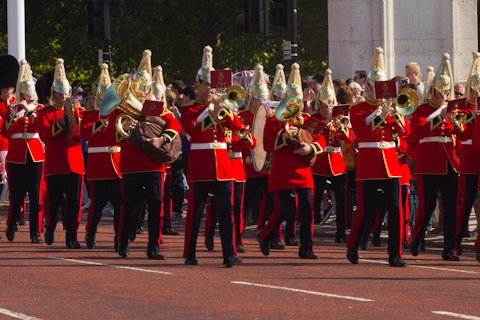
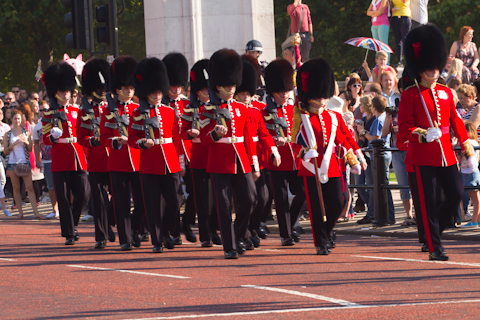

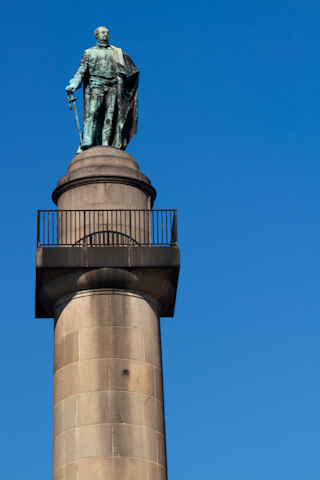
The Duke of York Column is a monument, to Prince Frederick, Duke of York, the second-eldest son of King George III. Prince Frederick, Duke of York was the commander-in-chief of the British Army during the French Revolutionary Wars and led the reform of the army into a capable modernized force. When he died in 1827, the entire British Army voted to forgo one day's wages to pay for a monument to the Duke. The column was built in 1833.
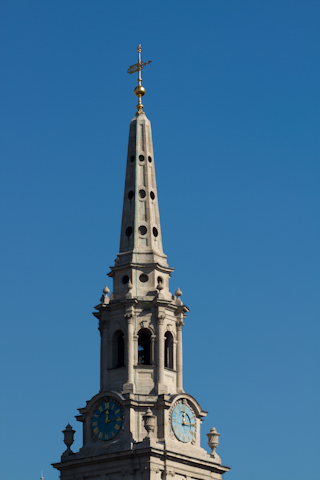
The National Gallery is an art museum founded in 1824. It houses a collection of over 2,300 paintings dating from the mid-13th century to 1900.
Saint Martin-in-the-Fields church is off Trafalgar Square as well - this is the steeple.

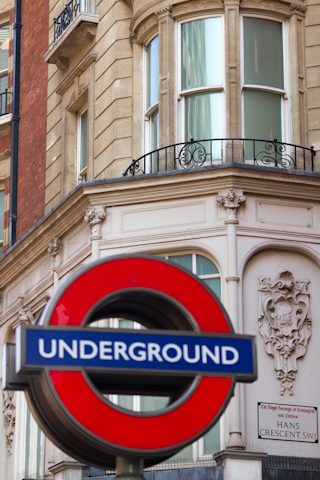
For a break in the afternoon we stopped by Fortnum and Mason's for High Tea. It was quite good - or lovely.
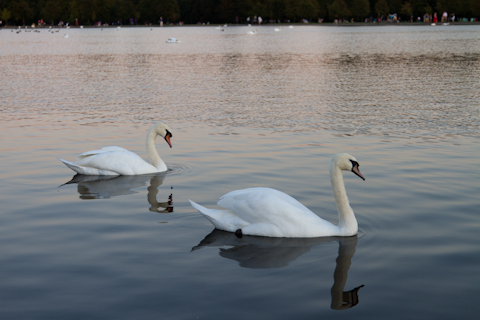

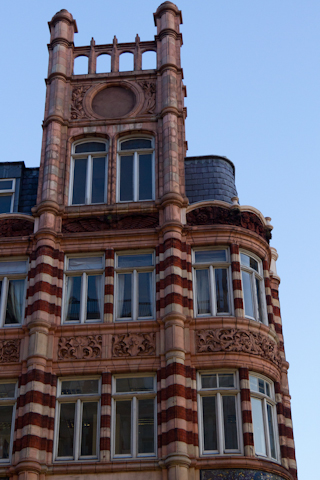
Pretty buildings along Kensington High Street. It took me a while to figure out "High Street" was similar to "Main Street"
